Power steering is a crucial component in modern vehicles, ensuring smoother and more effortless steering control. The power steering pump plays a vital role in this system by supplying the necessary hydraulic pressure to assist the driver’s steering efforts. However, like any other automotive component, power steering pumps can encounter problems that affect their performance and reliability. In this blog post, we will explore the common issues associated with power steering pumps, their causes, and potential solutions. Whether you are a vehicle owner or a steering pump supplier, understanding these problems will help you diagnose and rectify issues promptly.
1 Common Power Steering Pump Problems
- Leaking Fluids: Power steering pump leaks are a prevalent problem. They can occur due to deteriorated seals, damaged hoses, or worn-out pump components. Fluid leaks can lead to a loss of hydraulic pressure, causing poor steering response and potential damage to the pump itself. Regular inspection and timely repair or replacement of faulty components are essential to prevent leaks.
- Noisy Operation: Unusual noises, such as squealing, whining, or groaning sounds, during steering operations are often indications of power steering pump problems. These noises can be attributed to low fluid levels, a worn-out belt, a faulty pulley, or a malfunctioning pump. Identifying the source of the noise and addressing it promptly can prevent further damage to the pump and ensure smooth steering functionality.
- Reduced Power Assist: If you notice an increased effort required to turn the steering wheel or a gradual loss of power assistance, it could indicate a problem with the power steering pump. Common causes include a worn-out pump, a clogged filter, or a malfunctioning pressure relief valve. Regular maintenance and prompt repairs can help maintain optimal power assist levels.
- Overheating: Overheating is a serious issue that can affect the power steering pump’s performance and longevity. Insufficient fluid levels, a malfunctioning cooling system, or excessive strain on the pump can lead to overheating. This can cause the fluid to break down, resulting in diminished lubrication and potential pump failure. Monitoring fluid levels, ensuring proper cooling, and addressing any issues promptly can prevent overheating.
- Contaminated Fluids: Contamination of power steering fluid is another common problem that can impact the pump’s functionality. Dust, debris, or metal particles can enter the system over time, leading to increased wear and tear on pump components. Regular fluid checks, filter replacements, and using high-quality fluids can help minimize the risk of fluid contamination.
- Pump Failure: In severe cases, power steering pump failure can occur due to a combination of factors, including neglecting maintenance, continuous operation under high-stress conditions, or component wear beyond repair. A failed power steering pump will result in complete loss of power assist, making steering difficult and potentially dangerous. Timely inspections, regular maintenance, and addressing minor issues promptly can prevent pump failure.
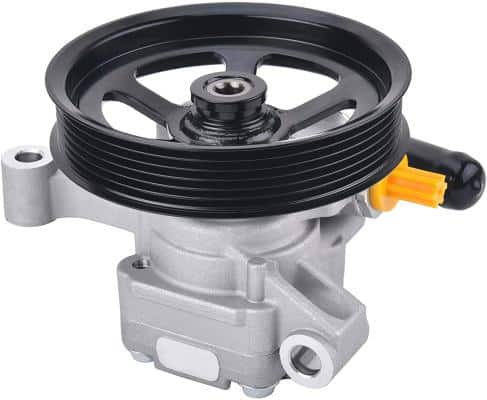
2 Choosing a Reliable Steering Pump Supplier
For steering pump suppliers, providing high-quality products is crucial to ensure customer satisfaction and long-term success. When selecting a steering pump supplier, consider the following factors:
- Quality and Reliability: Look for suppliers who offer power steering pumps that meet or exceed industry standards. Quality materials, robust construction, and adherence to stringent manufacturing processes are indicators of a reliable supplier.
- Compatibility and Fitment: Ensure that the supplier provides power steering pumps that are compatible with a wide range of vehicle makes and models. A comprehensive product catalog with accurate fitment information will help you meet the diverse needs of your customers.
- Warranty and Support: A reputable supplier should offer a warranty on their products, demonstrating their confidence in their quality and durability. Additionally, prompt customer support and assistance in case of any issues or queries are crucial for a successful supplier-customer relationship.
- Competitive Pricing: While quality is paramount, competitive pricing is also essential. Compare prices and negotiate with different suppliers to find a balance between affordability and quality. Look for discounts on bulk orders or special offers to maximize profitability.
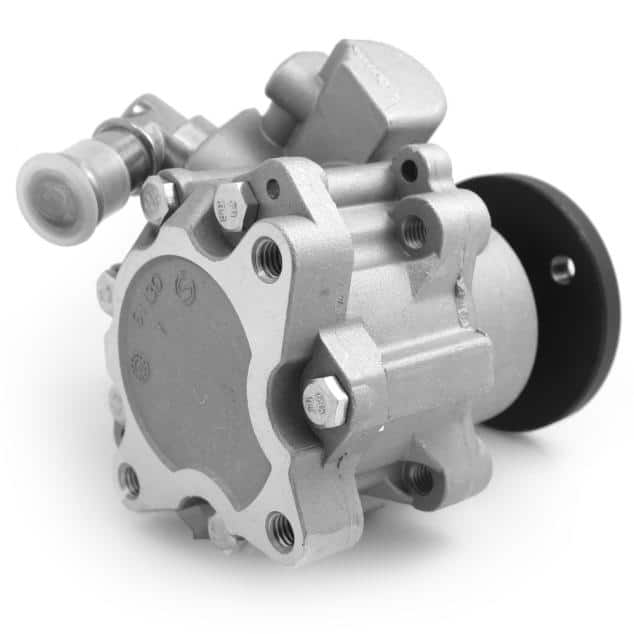
3 In Conclusion
Power steering pump problems can impact the performance, safety, and longevity of vehicles. Recognizing and addressing these issues promptly is vital for both vehicle owners and steering pump suppliers. Regular maintenance, timely repairs, and sourcing power steering pumps from reliable suppliers will help minimize problems and ensure smooth and efficient steering functionality. By understanding the common problems associated with power steering pumps and the factors to consider when selecting a supplier, you can make informed decisions and provide the best products and services to meet the needs of your customers. Remember, a well-functioning power steering pump is key to a satisfying driving experience and safe vehicle operation.
The Previous Articles:
What Is Rack and Pinion Bushing? How To Tell If Rack and Pinion Bushings Are Bad?
Why Steering Rack Makes Noise When Turning?
How To Rebuild A Steering Rack?
What Is A Rotary Valve Power Steering Rack?
Rack And Pinion System Vs Power Steering System: What Are The Differences?
Power Steering Rack Market Analysis Report (Japan Market)
What Causes Steering Rack to Go Bad?
Design Of Car Rack And Pinion Steering Racks
What Is The Intelligent Steering Rack Used By VW, Toyota, Honda And Renault?
Understanding Steering Angle Sensors: A Detailed Overview
Demystifying Power Steering Fluid: Understanding Its Role in Steering Systems
What is steering rack repair kit?
What is power steering reservoirs?
Understanding the Severity of Rack and Pinion Leaks in Your Vehicle
How to Find a Reliable Supplier of Steering Rack in China? Why You Should Choose Us?
What Is a Steering Rack Belt: Exploring the Role of Electric Steering Rack Belts
What Causes Drive Shaft Failure?
Steering Rack: When Should You Replace It?
Is Steering Rack Expensive to Fix? Exploring Steering Rack Repair and Costs
Demystifying the Difference Between Steering Rack and Steering Column

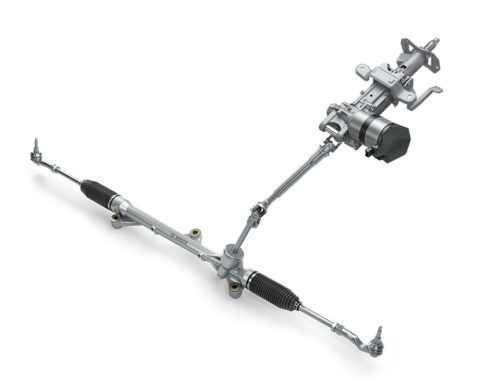
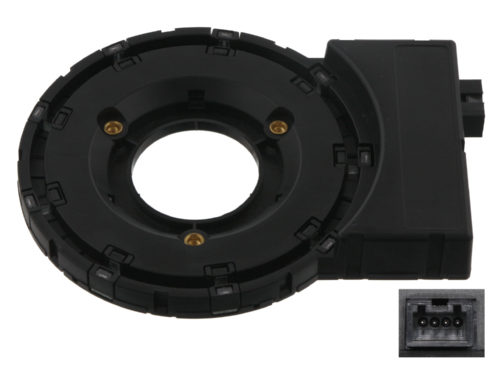
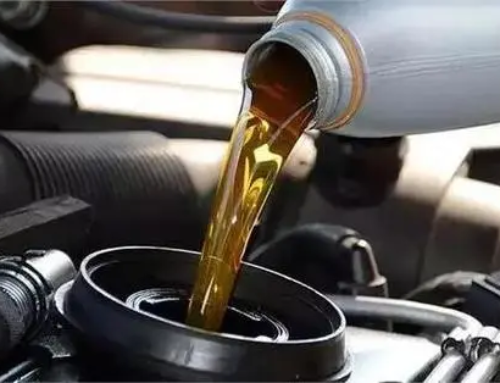
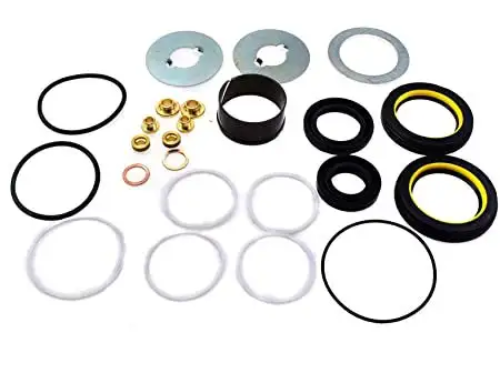
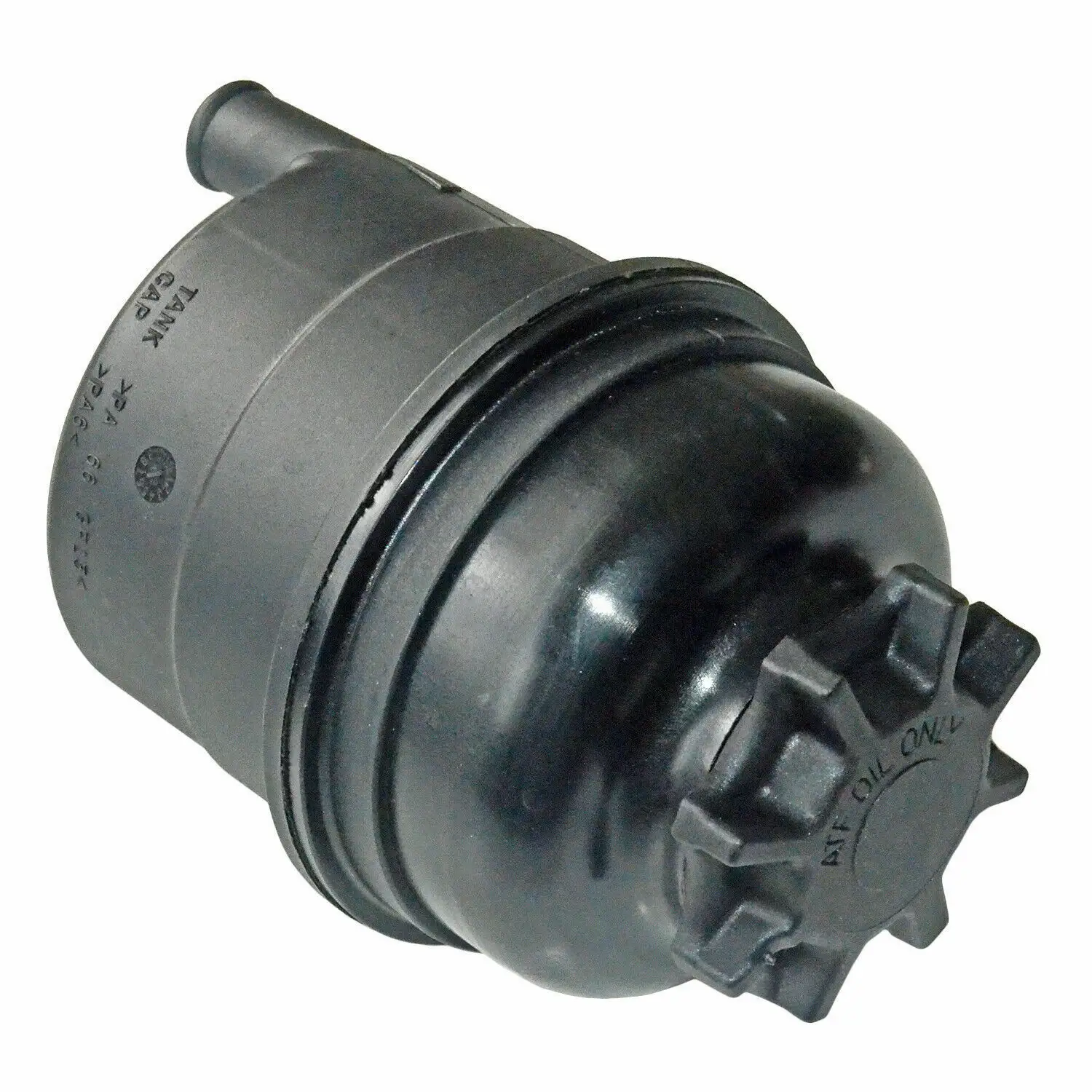
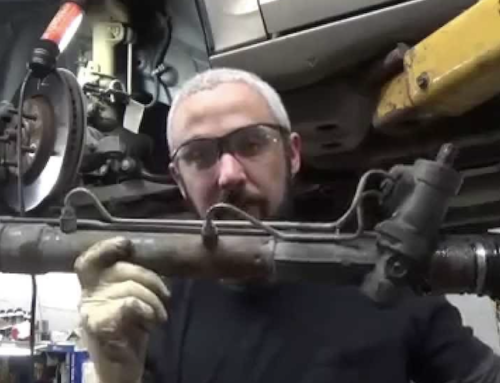
I’d have to examine with you here. Which is not one thing I usually do! I take pleasure in reading a post that may make folks think. Additionally, thanks for permitting me to comment!
You can certainly see your skills within the paintings you write. The sector hopes for more passionate writers such as you who are not afraid to mention how they believe. All the time follow your heart.